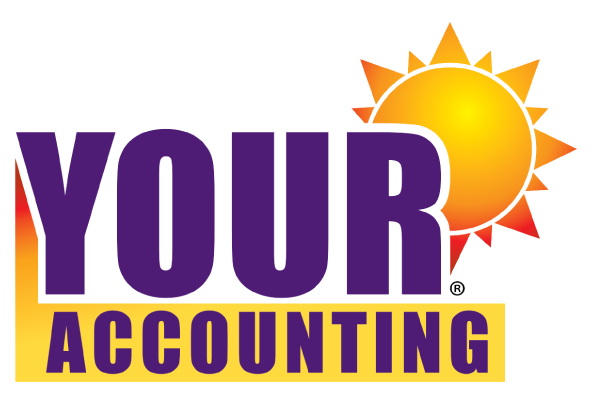Bookkeeping is a critical aspect of any business, ensuring accurate financial records and helping make informed decisions. In today’s digital age, bookkeepers often face a common dilemma: selecting the most suitable bookkeeping solution. QuickBooks, developed by Intuit, offers two popular options: QuickBooks Desktop and QuickBooks Online. In this blog post, we will explore how bookkeepers make the decision between these two platforms based on various factors.
- Accessibility and Convenience:
Bookkeepers consider accessibility and convenience as key factors when choosing between QuickBooks Desktop and QuickBooks Online. QuickBooks Desktop is installed on a local computer and requires manual backups, while QuickBooks Online is cloud-based, allowing users to access data from anywhere, anytime. If the business requires frequent remote access or collaboration among multiple users, QuickBooks Online may be the preferred choice.
- Cost Considerations:
Cost is a crucial aspect for businesses of all sizes. Bookkeepers need to evaluate the pricing models of QuickBooks Desktop and QuickBooks Online. QuickBooks Desktop typically involves a one-time purchase with periodic upgrades, while QuickBooks Online offers subscription-based plans. Small businesses with limited upfront budgets may find QuickBooks Online more affordable, while larger enterprises might prefer the long-term cost benefits of QuickBooks Desktop.
- Scalability and Features:
Bookkeepers must assess the scalability and features provided by each QuickBooks version. QuickBooks Desktop is known for its robust feature set, including advanced reporting, job costing, and industry-specific versions. It caters to businesses with complex needs or unique requirements. On the other hand, QuickBooks Online offers a wide range of features suitable for most small to medium-sized businesses. It continuously adds new features through automatic updates, ensuring users have access to the latest functionalities.
- Data Security and Backup:
Protecting financial data is paramount for bookkeepers. QuickBooks Desktop stores data locally, allowing bookkeepers to maintain full control over backups and security measures. QuickBooks Online, being cloud-based, provides automatic backups and implements stringent security protocols, including encryption and multi-factor authentication. Bookkeepers should consider the level of data security required for the business and choose accordingly.
- Integration and Add-Ons:
Seamless integration with other business tools can streamline bookkeeping processes. QuickBooks Desktop offers extensive integration options with third-party software, such as inventory management systems or point-of-sale solutions. QuickBooks Online also provides integration capabilities, though the range of add-ons may be more limited. Bookkeepers should assess the specific integration needs of the business and ensure compatibility with the chosen QuickBooks version.
- Technical Expertise and Support:
Bookkeepers need to consider their own technical expertise and the support available for each QuickBooks version. QuickBooks Desktop requires installation, setup, and occasional troubleshooting. However, Intuit provides comprehensive customer support, including phone, chat, and online resources. QuickBooks Online requires less technical expertise for initial setup and maintenance, and it offers similar support options. Bookkeepers should evaluate their comfort level and the support available for each platform.
Conclusion:
Choosing between QuickBooks Desktop and QuickBooks Online is a decision that bookkeepers make based on several factors, including accessibility, cost, scalability, security, integration, and technical expertise. By considering these aspects, bookkeepers can identify the bookkeeping solution that aligns with their business requirements and provides a reliable platform for accurate financial record-keeping. Ultimately, both QuickBooks Desktop and QuickBooks Online offer powerful tools that can help bookkeepers streamline their processes and support the financial health of their businesses. At Your Accounting, our staff are experts at both versions. Whether you just need help setting up a new set of books or need someone to handle the entire accounting process, Your Accounting can help.

Recent Comments